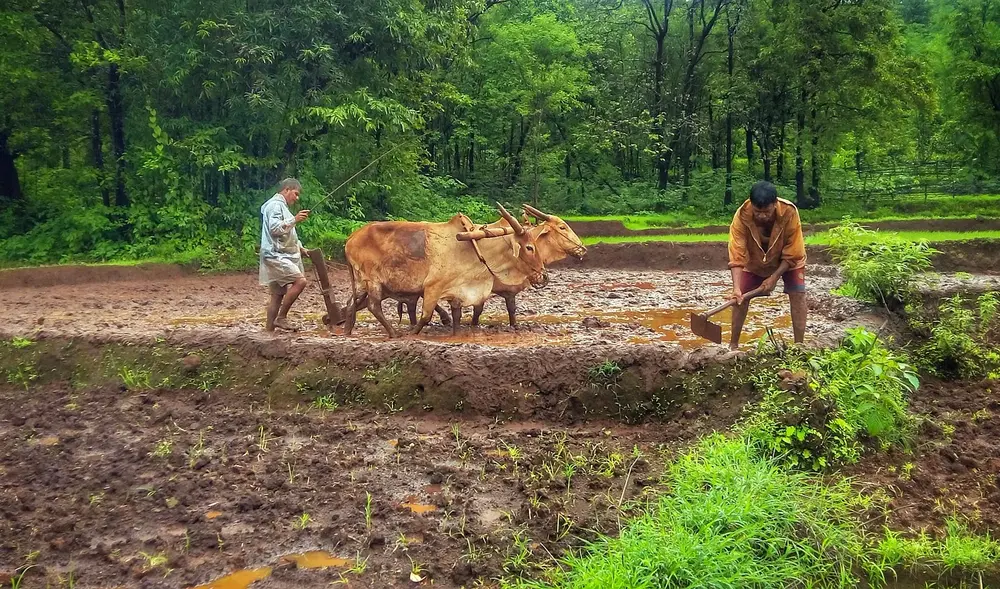Why Indian farmers have taken to the streets against Narendra Modi’s agriculture reforms

Earlier this month, when pop star Rihanna and climate activist Greta Thunberg lent their support to the tens of thousands of Indian farmers who have been protesting the new agricultural laws, it caught the attention of activists, politicians, and public figures from across the world. The solidarity expressed by international celebrities in support of farmers, however, did not go well with the government as the Ministry of Foreign Affairs termed the protests India’s “internal matter”.
But what has riled Indian farmers so much that thousands of them had to storm the historic Red Fort in New Delhi on the country’s Republic Day? Farmers, majorly from the northern states of India, have been protesting for months against the introduction of the three new agriculture-related laws passed hastily in the country’s Parliament by the Prime Minister Narendra Modi’s government. Farmers’ unions claim that at least 70 people have died so far in the protests, including a 27-year-old youth who had recently returned from Australia where he was studying. Much of the opposition of the farmers is against one of the three farm bills that they say will benefit private corporations.
What the new farm laws are about?
The three laws, taken together, try to relax rules around the sale, pricing, and storage of farm produce. The government claims that the new laws are a necessary step towards the modernisation of Indian farming. The farmers, however, are concerned that if the new laws are implemented, they will expose the agriculture sector to the vagaries of the free market. Under the new system, farmers will be allowed to sell their produce at a market price to private players. This will be contrary to the current system of farmers selling their produce at government-controlled wholesale markets at a minimum support price.
In January, the Supreme Court of India, while launching a scathing attack against the Central government, said that “there was not a single petition before the bench which said that the farm laws were beneficial to farmers.” The apex court of the country temporarily suspended the new agricultural laws and constituted a committee to resolve a standoff between the government and farmers. This has not assuaged the farmers’ anger as the farmers’ groups have rejected the Supreme Court-appointed committee, which they said is full of pro-government members. The protesting farmers have also rejected the government’s proposal to put the new laws on hold for 18 months. A prominent farmer leader has warned that the protestors won’t let the government sit in peace until and unless the government repeals the laws.

About the author
Yuvraj Sakhare is editor of the Bulletin Blog. Read more about him here.
~ The views represented in this blog post do not necessarily represent those of the Brandt School. ~